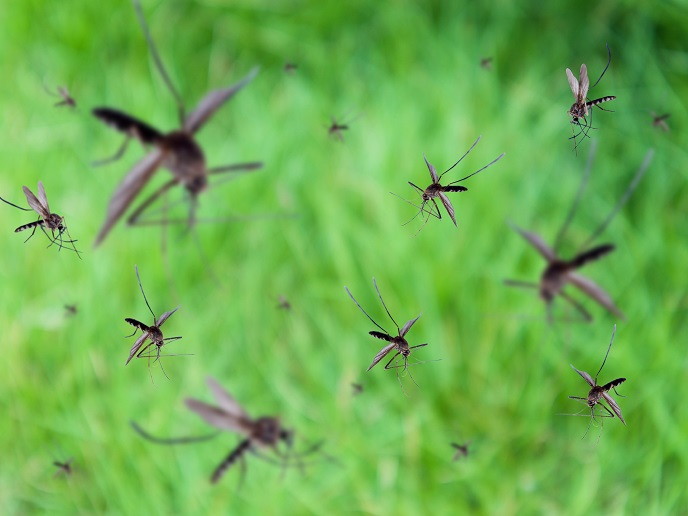Researchers unite to fight malaria
Malaria is caused by a parasite called Plasmodium. The disease, which is transmitted by mosquitoes mainly in tropical and subtropical regions, kills almost a million people each year. Worryingly, malaria is spreading to new areas like central Asia and Eastern Europe, and cases are rising worldwide. This is probably due to the Plasmodium parasite and the mosquito carrier developing resistance to therapeutic drugs and insecticides. The EU-funded EVIMALAR(opens in new window) (Towards the establishment of a permanent European Virtual Institute dedicated to Malaria Research (EVIMalaR)) initiative brought together 54 EU members from leading malaria research groups in 36 institutions, researchers from leading institutions in Africa and India, and a network of Australian malaria researchers to help fight malaria on a global scale. The consortium's main goal was to uncover complex interactions between parasite and host that contribute to immunity and disease progression. EVIMALAR established four research clusters, each tasked with different research activities. Cluster scientists investigated the biology of the mosquito and Plasmodium, the genetic basis of host immunity, and how all three systems interact. By establishing a PhD school, providing high-tech computer facilities, and running workshops and seminars, EVIMALAR trained the next generation of malaria researchers. These activities yielded over 1 000 peer-reviewed publications and generated the tools, mechanisms and legal frameworks for future global malaria research networks. Already, databases and technologies developed by EVIMALAR's virtual institute are being used by the global malaria research community. The advances, resources and training imparted during the project will ensure that EVIMALAR has a lasting impact on malaria research and future therapeutic strategies.







